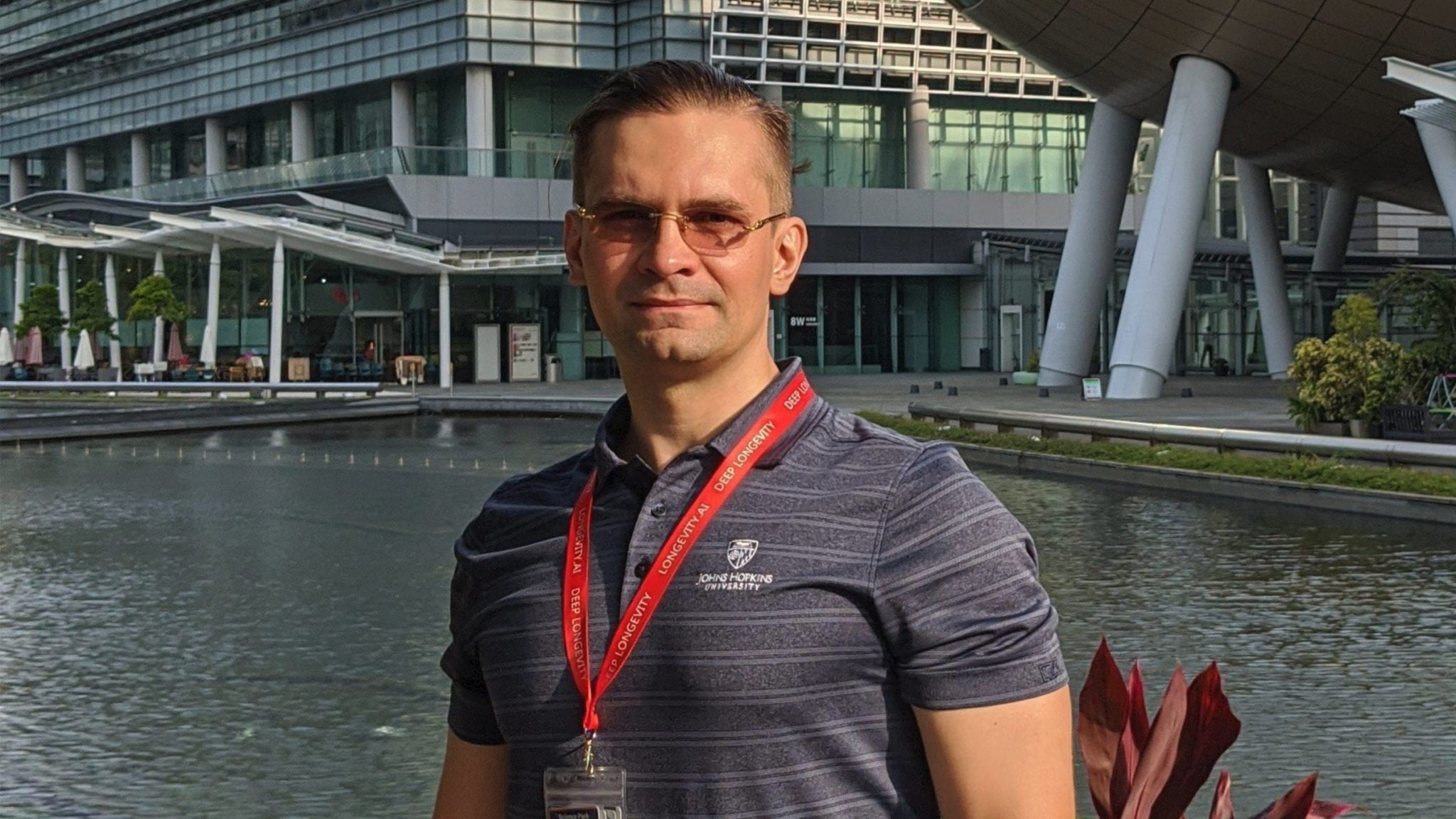
Alex Zhavoronkov, Insilico CEO
With a new $255M megaround in hand, Alex Zhavoronkov has big plans for Insilico. Are they feasible?
If you take Alex Zhavoronkov at his word, it won’t be long until he rules over biotech’s AI drug discovery arena from atop his perch …
Sign up to read this article for free.
Get free access to a limited number of articles, plus choose newsletters to get straight to your inbox.